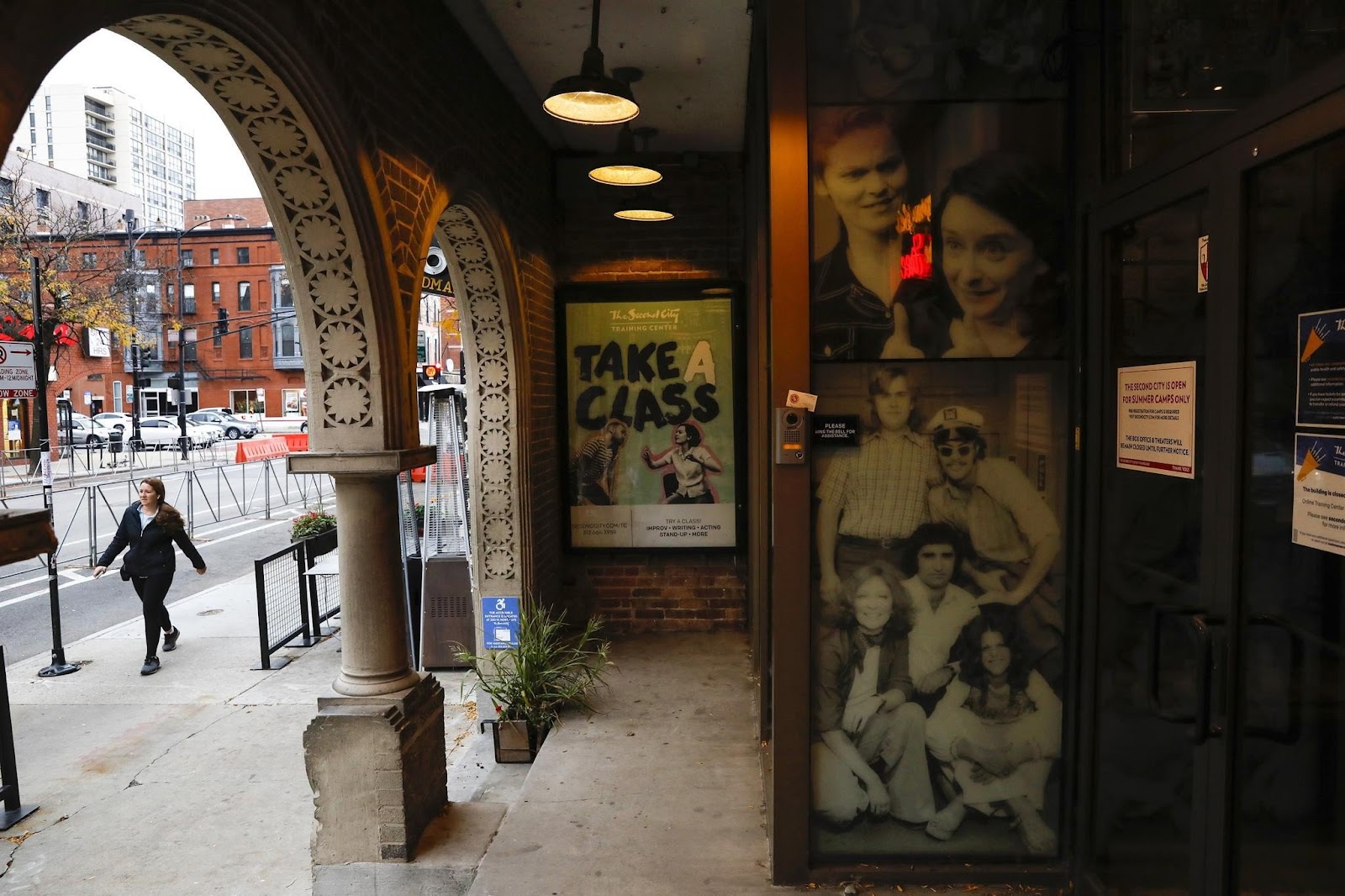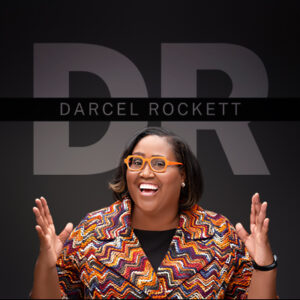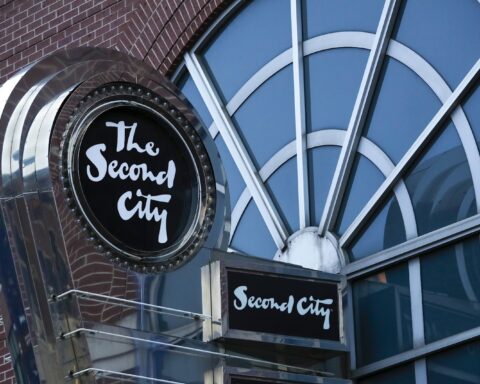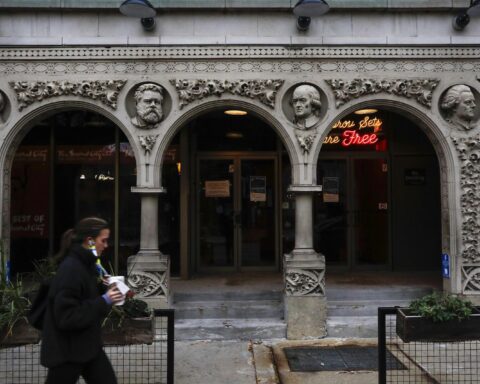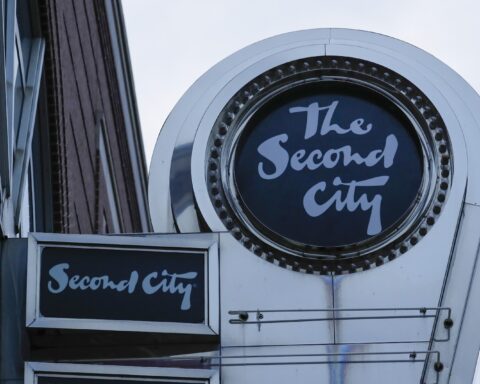Second City has only changed hands a few times in its 60-year history, and a proposed sale will leave the comedy institution without its “savior.”
Andrew Alexander announced in June he is divesting from the company he has co-owned since 1985, amid fallout from the racism allegations brought against Second City. Once called the “white knight of Second City” by actor Dan Aykroyd and “the savior of so many of us” by comedian Martin Short, Alexander has been a Second City pioneer since he took charge of the Toronto outpost in 1974.
“Out of respect for the ongoing HR work, current leadership, and sale process, I am not comfortable commenting,” Alexander said in an email to the Tribune. “I will say that I treasure the 47 years that I led this living, breathing creative hub. Watching the talent develop and grow has been the highlight of my career. It is my sincere hope that the next owner embraces the unique and critical heartbeat of this company and understands that the young people who choose our stage and Chicago to learn their craft are the most valued and important part of the Second City.”
How Alexander’s legacy is viewed likely depends on the generation of performer. Aaron Freeman, who refers to himself as Second City’s oldest living Black alumnus, wants Alexander to be remembered as a “hero of diversity, opportunity and inclusion who gave good-paying jobs to more improvisers of color than any producer in the history of theater.”
“I’m such a fan of Andrew Alexander, and I feel like I don’t want people who don’t know the entire story to paint him with one paintbrush that’s just, Oh, well, this person was a racist,” “Saved by the Bell” reboot actress Rose Abdoo, who performed with Second City from 1988 to the early 1990s, told the Tribune. “He’s just an open, kind person.”
It initially seemed that only Alexander’s stake in the company would be for sale, but it was revealed in October the entire company is on the market. Alexander’s longtime business partner, Len Stuart, died in 2016. His son, D’Arcy Stuart, co-owns the company now with Alexander. Steve Johnston, who was appointed company president in 2016, has a small equity share.
Second City declined to say what assets would be part of a sale. Second City leases its multi-theater space at 1616 N. Wells St., according to public records, and rents its Toronto venue as well.
The price tag has not been divulged, but it has been reported the company could be worth around $50 million. Second City, which is privately held, does not disclose its annual revenues, and it’s unclear how much of an impact COVID-19 has had this year.
Michael P. Jeffries, author of the 2017 book “Behind the Laughs: Community and Inequality in Comedy,” said even before coronavirus hit, times were tough for independently owned small comedy venues since performers have more outlets, such as social media, for their comedy. Theaters like Second City and the now-defunct Chicago iO theater have largely avoided these struggles because they did not rely solely on box office sales for revenue, Jeffries said. Now Second City is trying to attract buyer interest amid bad press from the racism allegations and difficult economic conditions from the pandemic, where there’s no end in sight.
“It’s not a good storm for Second City to try to find its way through right now,” said Jeffries, who is also a professor of American studies at Wellesley College in Massachusetts. “People don’t have disposable income to come to comedy shows. People don’t have the disposable income to sign up for their training programs, which are pretty expensive, and the venues themselves are closed. They’re being hit in a variety of different ways that they usually depend on.”
The timetable for selecting a new owner or owners is not clear, but newly appointed chief operating officer Parisa Jalili said she expects to be part of the process. “I’m sure at some point (interim executive producer) Anthony (LeBlanc) and I would be involved as far as talking to potential shareholders or someone who is coming in, but we haven’t gotten to that point yet. It’s a lengthy process to get all of this moving,” Jalili said.
Second City is also searching for a new executive producer who will succeed LeBlanc. It appears an announcement on that position is imminent. About 70 people applied for the job, said Maya Bordeaux, interim Second City chief human resources officer and former Tribune Publishing senior vice president.
“It’s a national search that was launched about a month ago now,” Bordeaux said in an Oct. 1 interview with the Tribune.
“There will be an in-person interview as a final stage of the process because we want the opportunity to meet the person in person, and we also have an internal committee of Second City members of the community who are a part of the interview process and will help in the selection of the final candidate. And so we are all assessing for, obviously, the leadership capabilities, but most importantly, alignment around values and alignment around what Second City is forming itself to be and the culture that we want to have every day.”
